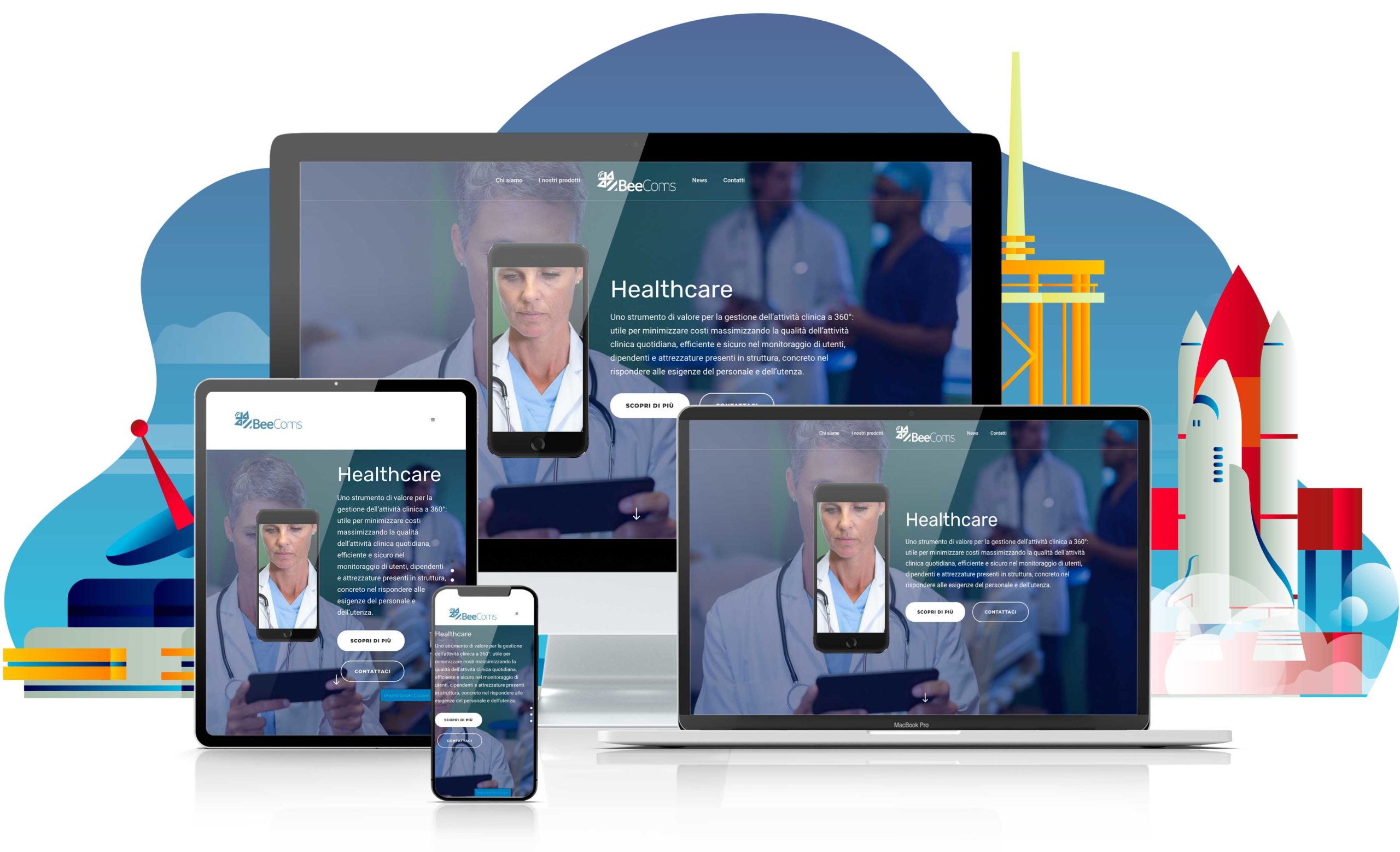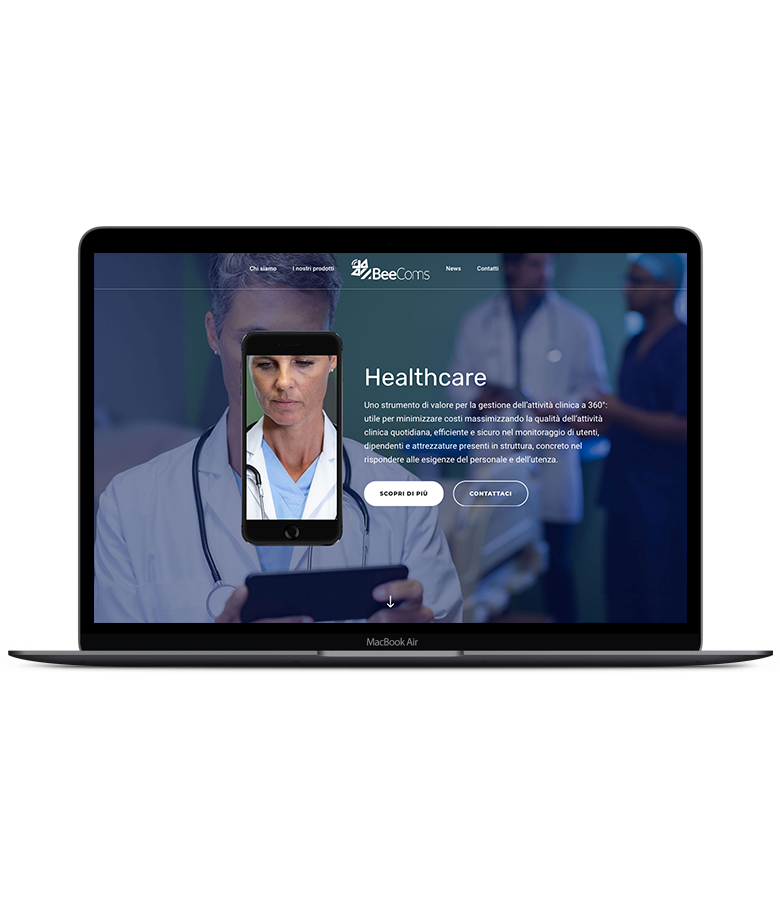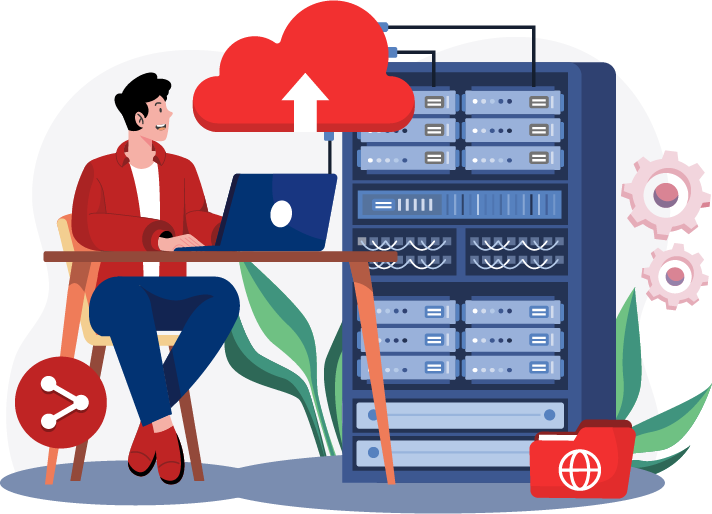
The use of cloud solutions allows quality-driven web applications to be built on the Google Cloud Platform or other cloud computing services, with the guarantee of being able to rely on remote solutions and the certainty of not losing a single piece of information that is useful to the company's business. The back end, where connections to databases are made and servers and infrastructuresare managed, acts as a control room for the processes involved in data processing.
The back end is not visible to the user, who interfaces with the platform via the front end.

The dark side of the server: MVC logic
A fundamental concept from a back-end perspective is the MVC (model-view-controller) design pattern, through which the different software components act according to a logic of task separation, while maintaining an interconnection (often circular). All the programming languages adopted in SocialCities use frameworks based on MVC dynamics.
Thus, operation follows the following methodology:
The model
manages the data, the logic and
the rules of the application
Web.
The view
provides a representation of the data contained in the model, interacting with the user.
The controller
receives user input and converts it into commands, which it transmits to the model.
Programming languages
In the field of software programming, the programming language is used to write the source code of a programme, i.e. the one that defines the actual execution of the programme through its conversion into machine language, based on binary code.
The automation of certain tasks is delegated to scripts, which, once processed, return HTML code in Web applications. This is done by means of frameworks that facilitate the developer's work, with code that can be reused according to the DRY (Don't repeat yourself) principle to avoid duplication and code overload.
The SocialCities development team uses the following programming languages and frameworks.
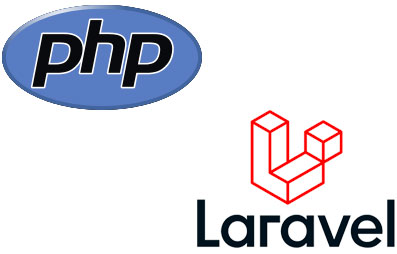
Laravel is an open source framework born in 2011, written in PHP and used for the development of web applications. Taking advantage of the best performance to build modern, fast and responsive architectures, Laravel follows the server-client logic of task separation provided by the MVC system.
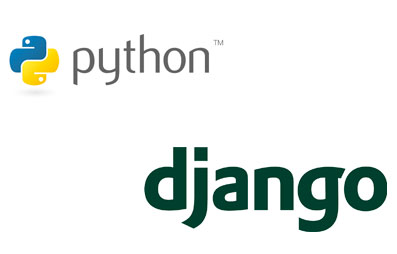
Django is a Phyton framework, used to set up the back-end software development environment. It enables rapid development of secure, maintainable, complete and versatile web applications using a scalable infrastructure in which each part of the architecture is independent of the others.
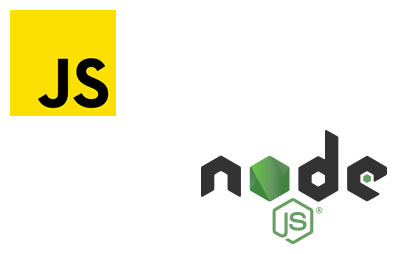
Node.js is the most widely used framework for the development of Web applications based on the execution of JavaScript code and modules. The advantage of using Node.js is the ability to unify development around a single programming language (JavaScript) while minimising errors.

We want your software to be the brightest star in the firmament of your industry, which is why we maintain the code by sweeping up all the space debris that accumulates in the process, so as to provide you with the best possible platform.
Take a look at our work and contact us!
